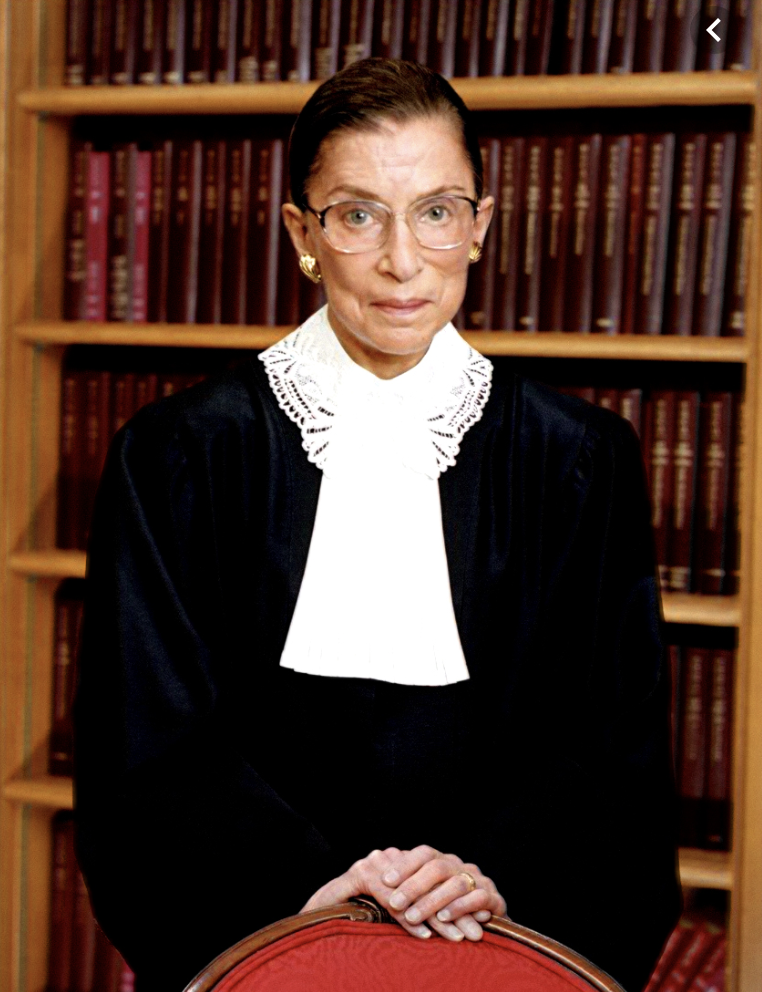My grandfather’s thing was the news. He watched Fox pretty much all day long. I never really understood it because I would sit there and watch with him sometimes and the same story would pop up over and over again. “Breaking News” would tick across the screen but no real new information would follow. I think because of this, and articles like “Attacking the Fourth Estate” that I am much more cognizant about where I get my news. Love my grandpa, and where and how he got his news definitely had something to do with how he was raised and generational differences but he probably could have benefitted from a few days of watching MSNBC or maybe taking a break from the whole TV thing.
Something I think this article does a really good job of is stressing the fact that distrust in the media and “fake news” as a political campaign platform did not start with Trump and distrust between elected officials and the journalists questioning their every move is natural. In a world where news is instant and sometimes even reporting before things actually happen, the economic competition of news outlets is more intense than ever and will probably continue to intensify. Personally, this makes me not want to watch the news at all. I think there is a difference between watching and reading the news. I like to think I am up to date on what is happening but I also put a lot more effort into finding multiple sources that cover certain events and combine sources to find out the actual truth. What is tricky is that the kind of news you watch is easier to fit into your day than reading many many articles. Convenience is key and I think people choose convenience to get half the story instead of choosing to put in the effort to get the whole story. I think the articles suggestions to research how attacking the press affects how citizens seeking information and how it affected their beliefs about government regulation of news outlets especially in this next election.
10 Comments

